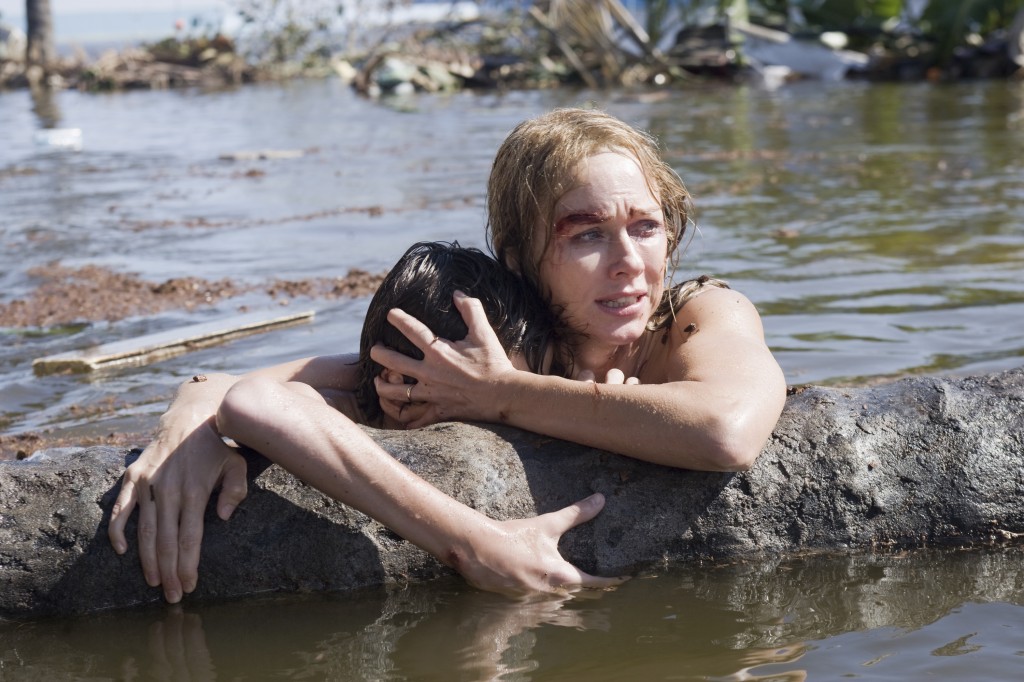
I love films that are difficult to watch. Not necessarily horror films or your common psychological thriller. They are good under the right circumstances. But no, I love films that are more than challenging, that embrace a certain degree of nihilism, cringe, or tonal weirdness. Films that blatantly defy expectations.
This is a list of films that explore overlooked subject matters, that have something different, or perhaps nothing different, to say about patterns of thinking and living. Some of them I find beautiful. Some I don’t. Some I think are just purely great. Either way, I enjoy them all in their backward little ways.
Here they are:
1 | Dancer in the Dark (2000)
Lars Von Trier is a fucker. He really knows exactly how to cut you, and so unpredictabley. Dancer in the Dark is a miserably beautiful film. On the one hand a musical. On the other, a complete devastation of conventional filmmaking. Either way, it’s a wonderfully polarising film and Bjork’s sweet, soul-destroying performance as an immigrant factory worker will leave you feeling abandoned and faithless.
2 | Shame (2011)
I unashamedly love Shame, a film that manages to subvert the idea that an orgasm is the best thing ever. But for Brandon (Michael Fassbender), an orgasm is a suffering, debilitating reminder of his unruly sexual habits. Steve McQueen is a brave, intuitive filmmaker. Shame is a uniquely sad exploration of addiction, and one that will be hard to watch a second time.
3 | Naked (1993)
Mike Leigh’s Naked is a painful film to watch. Stylistically bleak, and bordering on anarchic. David Thewlis snatched Cannes Best Actor for his role as Johnny, an embittered, self-destructive, intellectual bully, who for most of the film is seen roaming around London’s dodgy underbelly, spouting his fatalist philosophy to anyone who will listen. He’s reckless, unable to fully connect or even care about the people he meets. Yet despite his ugliness, Johnny is a viciously engaging character. Not your usual hero, but a hero all the same.
4 | Come and See (1985)
Elem Klimov’s Soviet war film Come and See is an actual nightmare. Saving Private Ryan feels like a G-rated videogame in comparison. The film is told from the point of view of Flyora, a 14-year-old Belarusian eager to defend a Nazi invasion of his homeland. However, Flyora’s eagerness is quickly and brutally replaced with dread as he experiences first-hand the horrors of an unfair conflict. The film is at times cripplingly real, yet it is the trancelike moments of psychological horror that are most affecting.
5 | The Boys (1998)
The Boys feels harsher than most Australian films. Better too. It’s artistically clever, intellectually menacing, and frighteningly realistic. With David Wenham’s distressing performance at the centre of this film, The Boys confronts some disturbing themes surrounding masculinity and the continuing culture of violence in suburban, working-class Australia. A film that is difficult to watch, aesthetically and emotionally, but one that remains culturally relevant even today.
6 | The Comedy (2012)
Rick Alverson’s, The Comedy, is blatantly hedonistic, capsized, and so funnily unfunny it hurts. The film follows Swanson (Tim Heidecker), a fat, disenchanted, trust-fund hipster who sinks booze, provokes people, and stumbles in his own entitlement. Like Swanson, the film drifts without pity, offering little relief to its self-reflexive loathing. At its end we’re left wondering whether or not it’s worth it to try and sympathise with Swanson’s private, indecipherable agony. A great film that separates the conservative critics from the awesome ones.
7 | Funny Games (1997)
Of course there is a Michael Haneke film on this list. He’s the master of discomfort, managing with ease to destabilise our ideas of reality and representation. Funny Games, on its surface a family hostage film, grips you hard and doesn’t let go, cementing you right in the middle of its torturous centre. It’s sadistic, psychological, artful, and definitely worth a watch if you can stomach it.
8 | Kids (1995)
Larry Clarke’s debut film about a bunch of New York kids skateboarding through the streets, riffing about girls, stealing, crashing parties, and tearing shit up, is a tale completely devoid of a conventional Hollywood slickness. It’s rough, crude, sad, and written with poetic griminess by a 19–year-old Harmony Korine. The film follows the exploits of Telly (Leo Fitzpatrick), a 17-year-old, self-confessed virgin collector, unknowingly HIV positive. When Jennie (Chloe Sevigny), a recent victim of Telly’s weird obsession, finds out she’s been infected, she spends her time trying to intersect his next encounter. However, don’t expect this tale to have a happy ending. That would be a giant mistake.
9 | Irreversible (2002)
Irreversible is tough. Real tough. Shit it’s tough. Gasper Noé’s film is deliberate in every way, something that people will either love or hate. Of course there is that ONE scene in this film that renders you fucking helpless. A full blown, cinematic assault if there ever was one. Weirdly, I don’t want to spoil it. Either way, I think Irreversible is fiercely artistic in its vision. Clever, frenetic, and amazingly pretentious.
10 | Gummo (1997)
Gummo is so weird. So very weird. So wonderfully weird. I can’t believe how many cats are killed. It’s a film of interconnected vignettes, featuring an ensemble of severely white trash characters doing fucked up things in a tornado-stricken small town. Not really your standard premise for a movie. Good. Like Spring Breakers, Gummo is impressionistic, gnarly, and visual. Whatever Harmony Korine is trying to say with his film, or not say, it doesn’t matter. It’s honest either way.